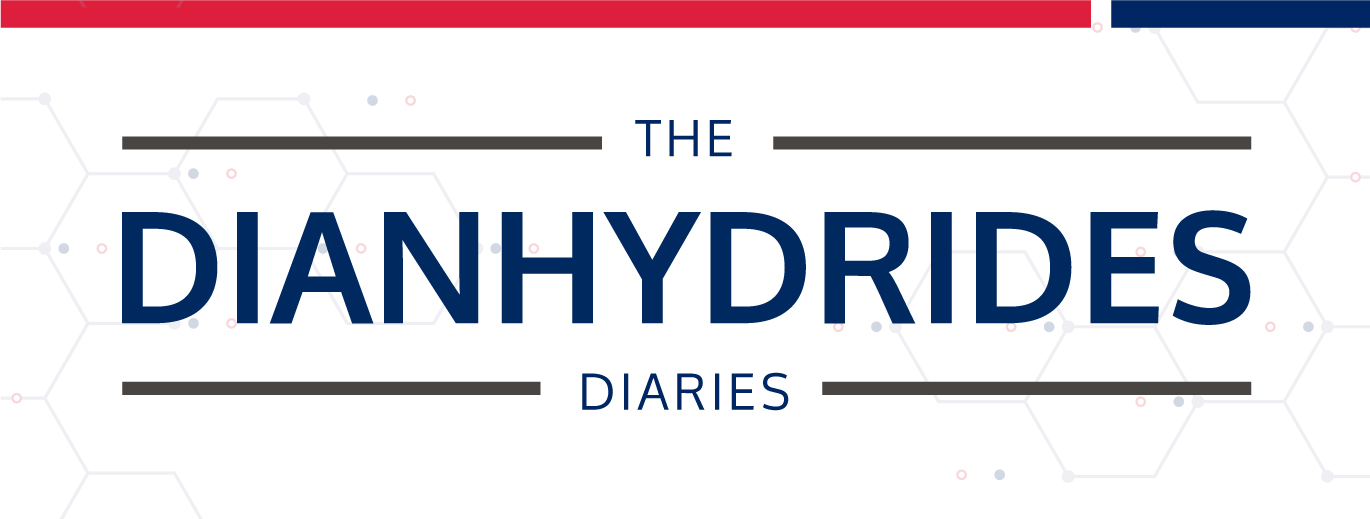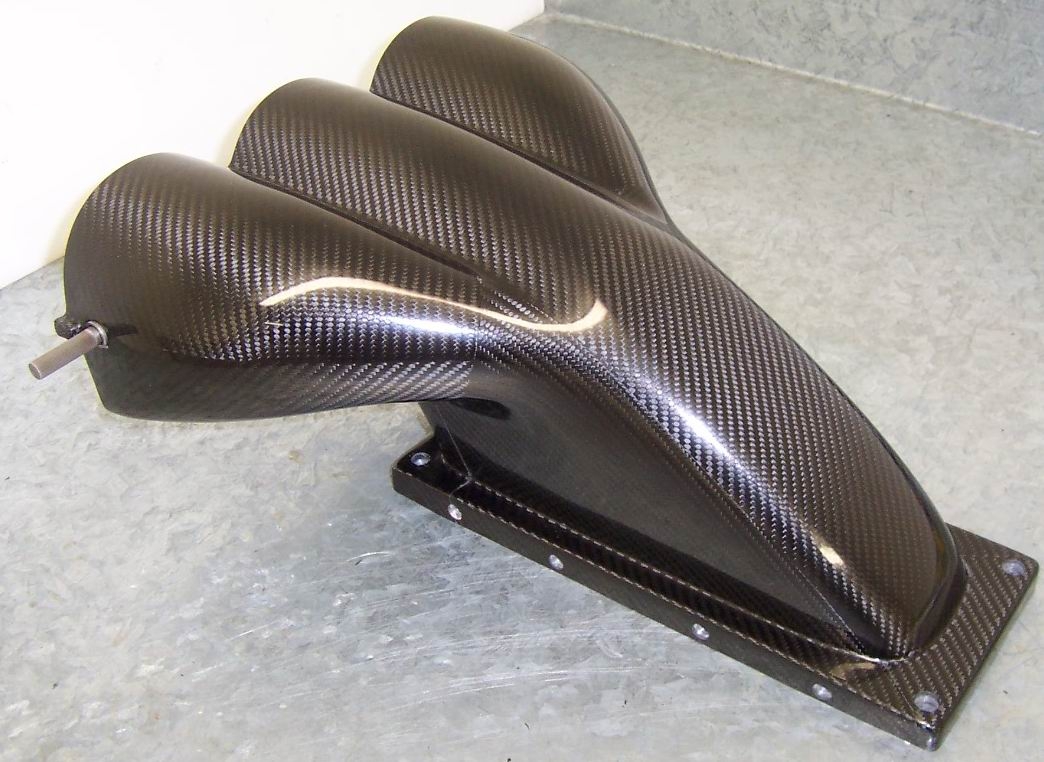Epoxy high temperature adhesives
for structural or electrical applications can be formulated using several types of curatives, such as amines, dicyandiamides, dianhydrides, dihydrazides etc.
Dianhydride cured epoxy adhesives will maintain physical strength, chemical resistance and dielectric properties in high-temperature environments. In addition, dianhydrides require very simple epoxy resins for many demanding applications. For these reasons, dianhydride cured epoxy adhesives have a long track record of success in aerospace and electronics adhesives.
Common applications:
- Aerospace adhesives
- Electronics adhesives
Why should I choose dianhydrides?
- Optimal performance from simple DGEBA resins
- Long pot life formulations
- Combined high Tg and adhesion
- Retained structural strength at high temperatures
- Retained electrical and chemical resistance at high temperatures
Considerations:
- Dianhydrides are typically supplied as a powder. Micronized grades or dispersions enable mixing with liquid epoxy resins.
- Mild heating up to 40-50 C can also help with the dispersion process.
RECENT NEWS
Entry 5 – Magnet Wire and Polyimide Varnish/Enamel as Primary Insulation for Electrical Wire
Welcome to the fifth entry of The Dianhydrides Diaries, [...]
What Are Epoxy Composites?
Epoxy composites are a type of polymer material that uses [...]
Entry 4 – High Glass-Transition Temperatures from Dianhydride-cured Epoxy
Welcome to the fourth entry of The Dianhydrides Diaries, [...]



